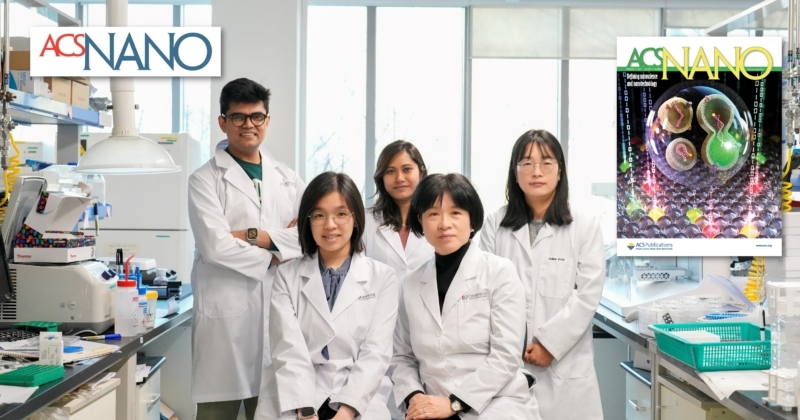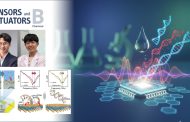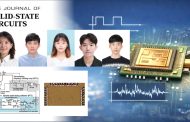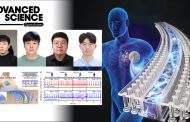A research team, affiliated with UNIST has unveiled a groundbreaking diagnostic technology that can detect lung cancer at its earliest stages using just a few drops of blood. This pioneering method is gaining attention in the medical community for its potential to diagnose early lung cancer, a feat that existing tests, such as next-generation sequencing-based liquid biopsies, have struggled to achieve.
Led by Professor Yoon-Kyoung Cho from the Department of Biomedical Engineering at UNIST, the research team developed EV-CLIP, a technology capable of identifying cancer mutations from trace amounts of untreated plasma—the yellow liquid that remains when blood cells settle. Their findings were highlighted as a front cover of ACS Nano, a prestigious academic journal in the field of nanotechnology, with publication dated January 11, 2025.
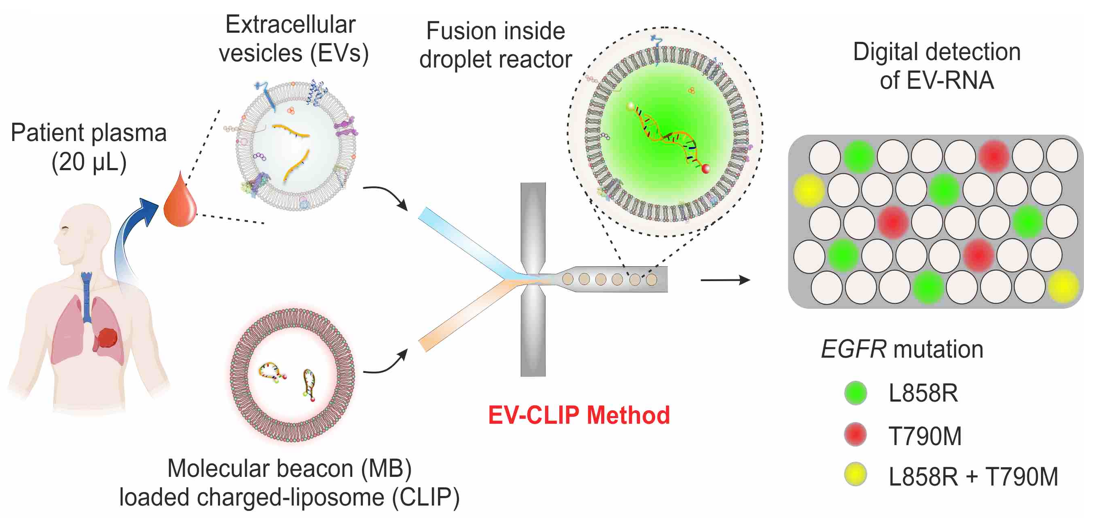 Figure 1. Overview of EV-CLIP method for profiling EV RNA. (a) Schematic of the proposed assay, indicating the optical detection of mutations in EV RNA through charge-induced fusion with molecular beacon-loaded charged-liposomes (CLIPs) inside the droplet reactor.
Figure 1. Overview of EV-CLIP method for profiling EV RNA. (a) Schematic of the proposed assay, indicating the optical detection of mutations in EV RNA through charge-induced fusion with molecular beacon-loaded charged-liposomes (CLIPs) inside the droplet reactor.
The “EV-CLIP” diagnostic technology leverages a method that fuses extracellular vesicles (EVs) in blood with artificial liposomes (CLIPs) containing molecular beacons within a tube thinner than a hair. These EVs, which are released by cancer cells, carry critical genetic information, such as mRNA and miRNA. The molecular beacons produce fluorescent signals upon encountering these genetic materials, allowing for the detection of cancer with only 20 microliters (µL) of plasma, equivalent to about four to five drops of blood.
To optimize sensitivity, the research team engineered the surface of the liposomes with a high electric charge, significantly enhancing detection capabilities. This high sensitivity enables the technology not only to detect specific cancer mutations but also to diagnose cancer at early stages and monitor residual cancer cells post-treatment. Importantly, unlike traditional diagnostic methods, EV-CLIP eliminates the need for pretreatment to isolate nano vesicles or complex processes to amplify genetic material.
In clinical experiments involving blood samples from 83 patients, the new diagnostic technology identified EGFR gene mutations—which are crucial for selecting lung cancer treatments—with an impressive accuracy of 100%. Notably, it also successfully detected mutations in stage 1 and stage 2 lung cancer patients, which have been challenging to identify using existing NGS-based liquid biopsies.
The technology is set to be transferred to the bio-venture company LabSpinner Inc., with plans to develop user-friendly diagnostic kits for hospital use.
Elizabeth Maria Clarissa, the first author of the study, noted, “By compartmentalizing and analyzing extracellular vesicles, we dramatically increased detection sensitivity. This advancement will not only enhance cancer diagnosis but also broaden the scope of research involving extracellular vesicles.”
Professor Cho emphasized, “A few drops of blood have paved the way for early cancer detection and assessment of treatment effectiveness.” He added, “This technology will allow for accurate diagnoses while significantly reducing the pain and burden on patients.”
This research was conducted in collaboration with Professor In-Jae Oh’s team at Chonnam National University Hospital, Mi-Hyun Kim’s team at Pusan National University Hospital, and Professor Jeong-Seon Ryu’s team at Inha University Hospital, with support from the Basic Science Research Institute and the Korea Research Foundation.
Journal Reference
Elizabeth Maria Clarissa, Sumit Kumar, Juhee Park, et al., “Digital Profiling of Tumor Extracellular Vesicle-Associated RNAs Directly from Unprocessed Blood Plasma,” ACS Nano, (2025).


